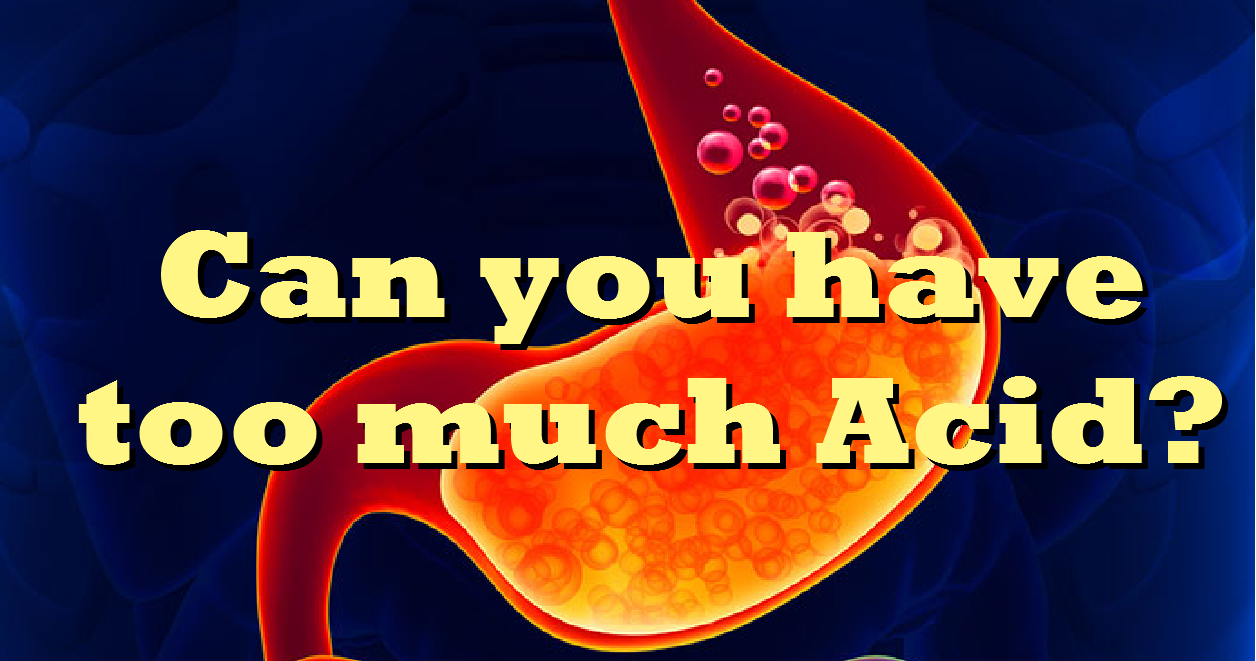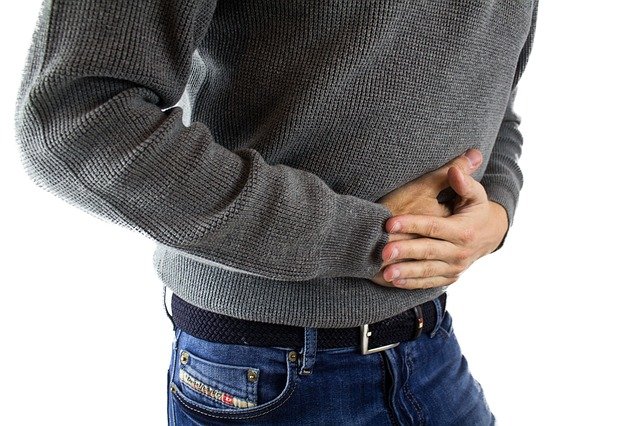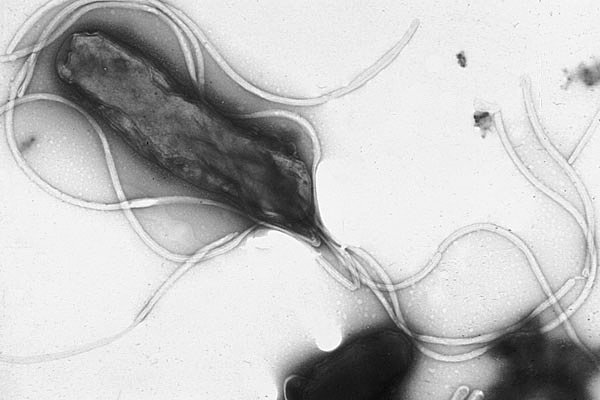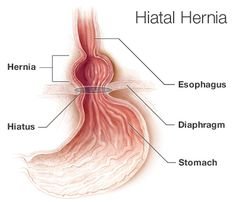We hear it from people all the time.
“I have too much acid and its giving me heartburn.” As they start popping a TUMS back or, if it is a big enough problem, a proton pump inhibitor to quench their stomach acid for the moment.But have you actually thought about that sort of statement? Can you actually have too much acid?
Your Stomach is SUPPOSE to be Acidic!
That is its whole purpose. The pH of around 1.5 – 3 is important to help with chemical digestion of your food. Especially with protein digestion. Acid plays a key role in denaturing protein so that enzymes can break it down into simple amino acids. Without it your digestive enzymes wouldn’t be nearly as effective in breaking down a high protein meal and likely cause increased putrefaction of protein in your large intestine causing the production of toxic compounds like ammonia, amines, phenols and sulfides which can increase your risk of colon cancer. [1]
Stomach acid also helps to prevent dysbiosis of your GI tract. The high acid is suppose to kill bacteria, viruses, fungi, and parasites that enter it in your food. If the stomach acid decreases too much this sterilizing effect is no longer active and increases the risk of gastrointestinal infections. It is natural for your stomach pH to increase immediately after eating a meal. This occurs as your food is neutralizing the acid that is present and your stomach is trying to make more to decrease the acidity again back to its homeostatic set point. Smaller meals are therefor easier on your stomach to digest then larger ones and prevent the pH from increasing as much.
What is Heartburn or Gastroesophageal Reflux Disease(GERD)?
GERD occurs when stomach acid gets into your oesophagus(Yes I am Canadian and will give a orthogarphic shout out to Britain.) The stomach normally secretes a protective mucous layer from your goblet cells that prevent it from digesting itself. The oesophagus doesn’t have goblet cells so the low pH of your stomach acid can burn it when food refluxes back up.
So why doesn’t everyone get GERD then? The key is maintaining a tight lower oesophageal sphincter (That is the name for band of muscle that helps to close the top of your stomach.). Common foods that trigger relaxation of the lower esophageal sphincter are [2]:
- High fat and fried foods
- Spicy foods
- Chocolate
- Peppermint
- Carbonated beverages
- Coffee
Other things can also decrease lower oesophageal Sphincter tone include nicotine, medications, and low stomach acid.
Helicobacter pylori
H. pylori infection paradoxically causes low stomach acid production[3] and is the most common causes of GERD. They are a specialized type of bacteria that can live in your stomach and cause gastritis or inflammation of your stomach lining. The area that is inflamed has decreased functioning. The fundas and body of the stomach is where the acid producing parietal cells are located. These two sections take up most of the surface area of the stomach and thus explains why there would be lower stomach acid when inflamed.If the H. Pylori infection is focused more on the antral part of the pyloris then yes there could be an over production of acid from decreased secretion of somatostatin, a hormone responsible for decreasing acid production. This is only the case for about 10% of chronically infected H. Pylori patients.[3]
Hiatal Hernia
Haital hernias are the other scenario where too much acid could be causing heartburn. They occur when the pressure is too low at the lower oesophageal sphincter and the stomach herniates upward into your chest above the diaphragm. If enough of your stomach herniates so that some of the acid producing parts of the stomach are above the diaphragm heart burn will occur especially when laying down.[4]
Clinical Experience
In my clinical experience I find hiatal hernias to be the most difficult type of heartburn to treat using supplements. Seeing a osteopath or some other manual practitioner to pull the stomach back down is important before trying to strengthen the lower oesophogeal sphincter.
Many of my patients find relief of heartburn by supplementing acid; either apple cider vinegar or Betain HCl. If their GERD was caused by high stomach acid then the vinegar would only aggravate the heartburn rather then curing it.
I hope you found this post interesting. Let me know what you think.
Doc
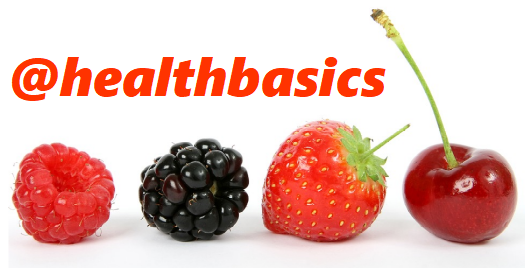
Sources
[1] Relevance of protein fermentation to gut health[2] Diet and Gastroesopageal Reflux Disease (GERD)
[3]Helicobacter pylori-Induced Changes in Gastric Acid Secretion and Upper Gastrointestinal Disease.
[4]Alterations confined to the gastro-oesophageal junction: the relationship between low LOSP, TLOSRs, hiatus hernia and acid pocket

